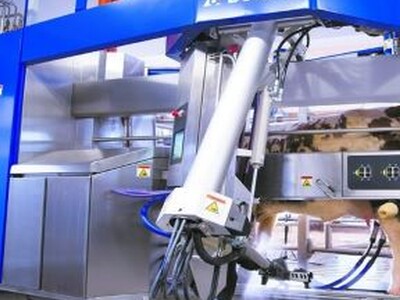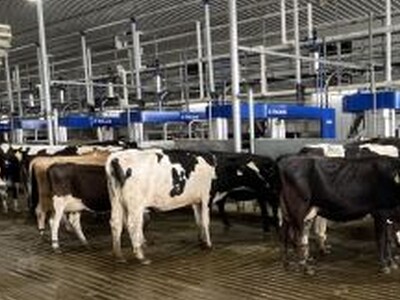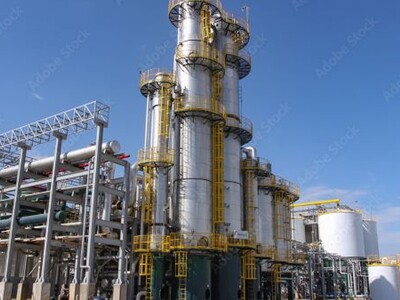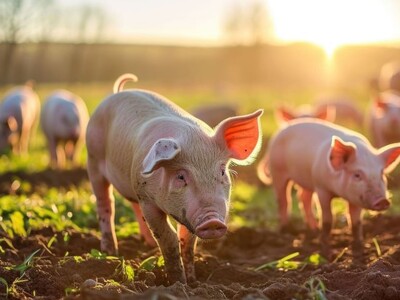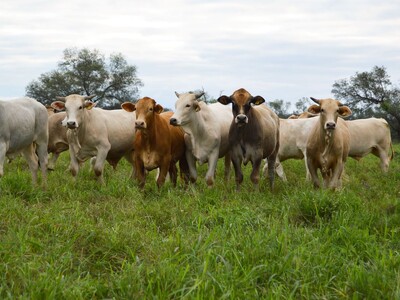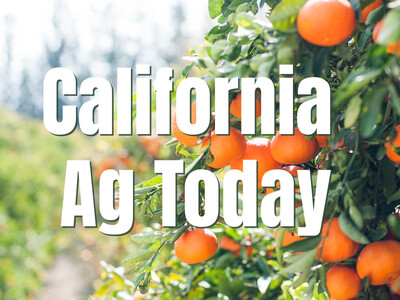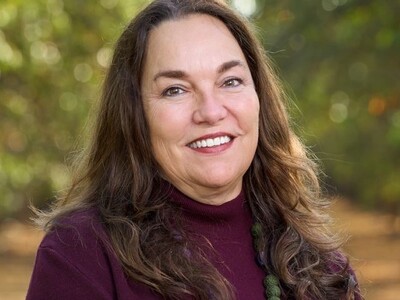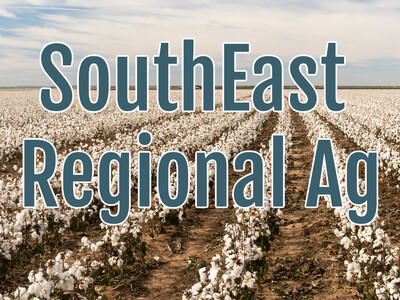Tillage Passes and Organic Matter
Dr. Ann Kennedy is a Soil Scientist/Soil Microbiologist with the USDA in Pullman WA and also serves as an adjunct scientist in the Department of Crop and Soil Sciences at Washington State University. She says if you want to increase your soil organic matter you need to reduce the number of tillage passes you make in a field. Kennedy said in a dryland summer fallow region like Lind, Washington there used to be two percent organic matter down to six inches. Now, she says in some cases there is only ½ of one percent organic matter left in the soil, which is not enough to provide adequate plant nutrition or hold the soil.“So we need to something about reducing our tillage passes so that we build up the organic matter levels. We can disturb the soil a certain amount. We don’t necessarily need to go totally no-till to build up organic matter. We can use a two-pass system. A one-pass system, maybe even a three-pass system and will still get over time, and it takes a long time, we’ll get organic matter buildup, which is extremely important for our soils so that they continue to grow these wonderful crops that we grow around here.”
I learned that tillage mixes the residue with the soil and the decomposition microbes go on a feeding frenzy.“Instead of slowly digesting it into organic matter they actually give off too much CO2. And more of the carbon in that residue goes into the air instead of into the soil.” That’s why Kennedy says do fewer and slower tillage passes.“We want to keep the microbes happy but we don‘t want them to pig out on all that wonderful residue.”




